Empowering women through SHG Approach
In the series #Knowwhatwedo, we share with you what the Centre for Youth and Development does, why we do what we do, how we do it and what we have been able to achieve. In this blog we share with you the Building a sustainable and empowered people’s institution through self-help group approach Project we are implementing in partnership with Kindernothilfe and Kuwala
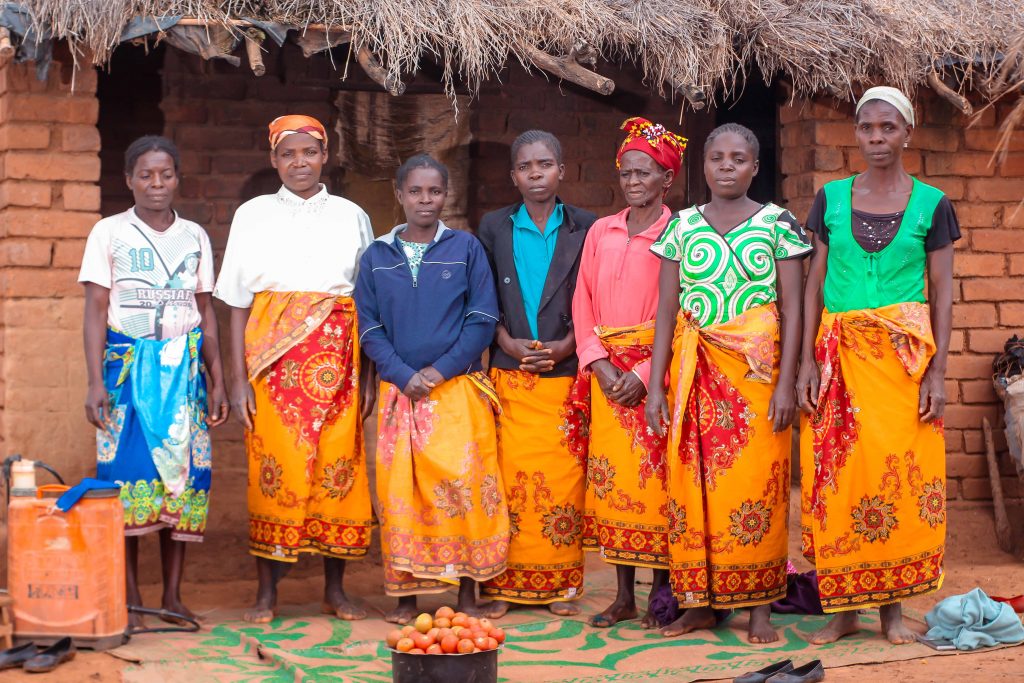
Situation of women in Malawi
Malawi is one of the poorest countries in the world with 50.7 percent of the population living below the poverty line and 25 percent living in extreme poverty. Women are constrained by socio-culturally imposed limitations, which deny them the right to have access and control over productive resources, such as land and other fixed capital. Added to that is unequal access to services that can promote their productive- and income-generating capacities, unequal access to social services, low literacy levels, lack of decision-making power and their invisibility which excludes them from the social, economic and political processes that affect their lives.
The Self-Help Groups Approach
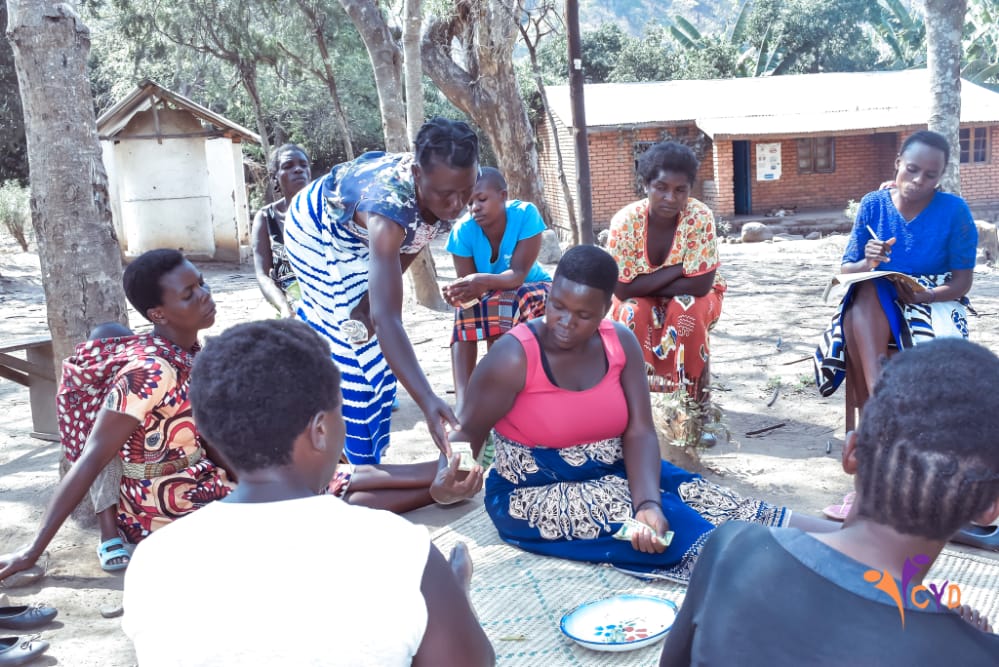
To address poverty, with special focus on the empowerment of women, Centre for Youth and Development is implementing a 6 years action titled Building a sustainable and empowered people’s institution through self-help group approach in Traditional Authority Mwankhunikira in Rumphi District. The project uses the self-help group approach and enhances it through agricultural livelihoods and small and medium enterprise development. The project simultaneously integrates focus on personal and family development, women participation, leadership and community development.
The approach is easily adaptable as the community itself participates on beneficiary selection, establishment and bylaws development and key decision-making processes. The project refines existing cultural habits by the use of participatory rapid appraisal techniques, providing straightforward guidelines in order to create a sustainable, culturally-sensitive group structure.
The SHG approach is based on voluntary involvement of women who form homogenous groups; agree on their own by-laws and receive number of practical trainings. Women meet in SHGs usually on weekly basis with the aim of discussing, sharing and saving small amount of money. Money is saved in a joint fund and any of the women can take a loan from the group in order to establish or expand her business. Essential part of the group's saving is money allocated for social fund, i.e. used in case child is sick, weddings or funerals etc.
The results in numbers
- Creation of strong community-led structures: 29 self-help groups created for a total of 382 members, indirectly reaching out 1910 family members.
- Improved saving culture: MK 5, 955, 500.00 saved in total since the program started in April 2019.
- Social security system (for households to be able to cope with unexpected needs) developed: MK 1,623,340.00 separately saved for social fund
- Effective and responsible financial behavior: total loans of MK 21, 975, 800.00 taken; more than 50 % for development of income-generating activities, 35 % for household consumption for improving living conditions
- Income generating activities developed: 37 newly started businesses, 13 expanded businesses
Giving Women a Voice
Aside from the changes in incomes, there are also Observed social impacts:
- Enhanced self-expression and communication skills, addressing issues including gender-based violence through the weekly discussions.
- Increased negotiation and decision-making power and inclusion in development structures in their communities. Notable is Rhoda Chavula, a member of the Chimwemwe SHG who was elected into the Chinyolo Area Development Committee.
Centre for Youth and Development welcomes cooperation with like-minded organizations and donors – in the case of your interest, contact us at info@cydmalawi.org
Read related stories

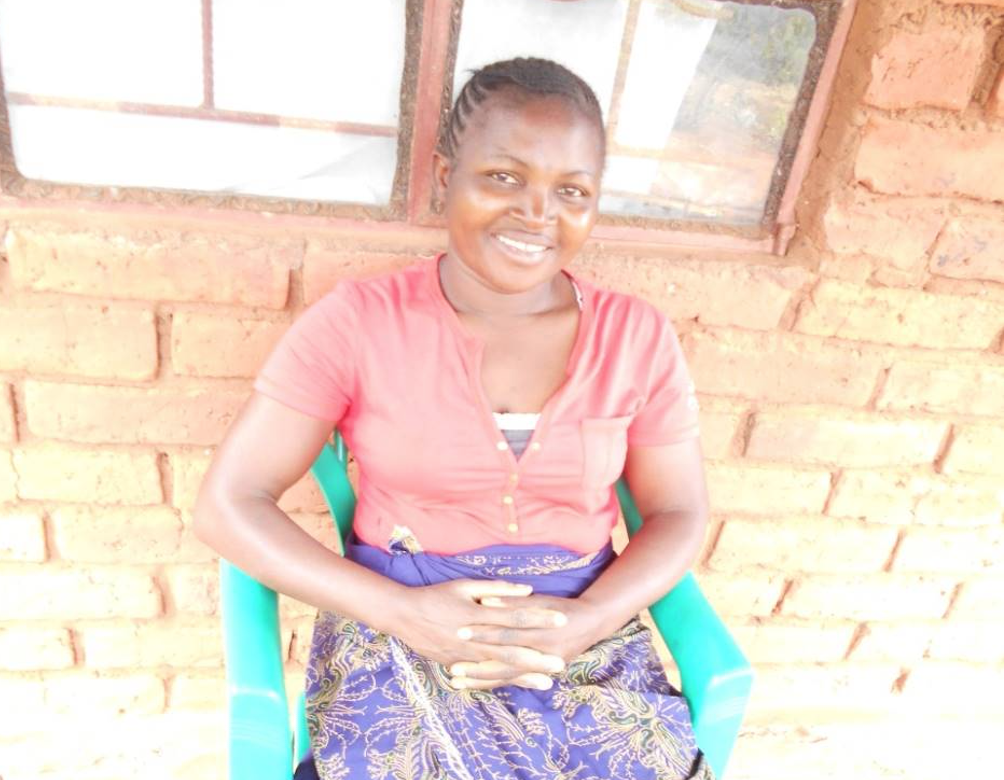
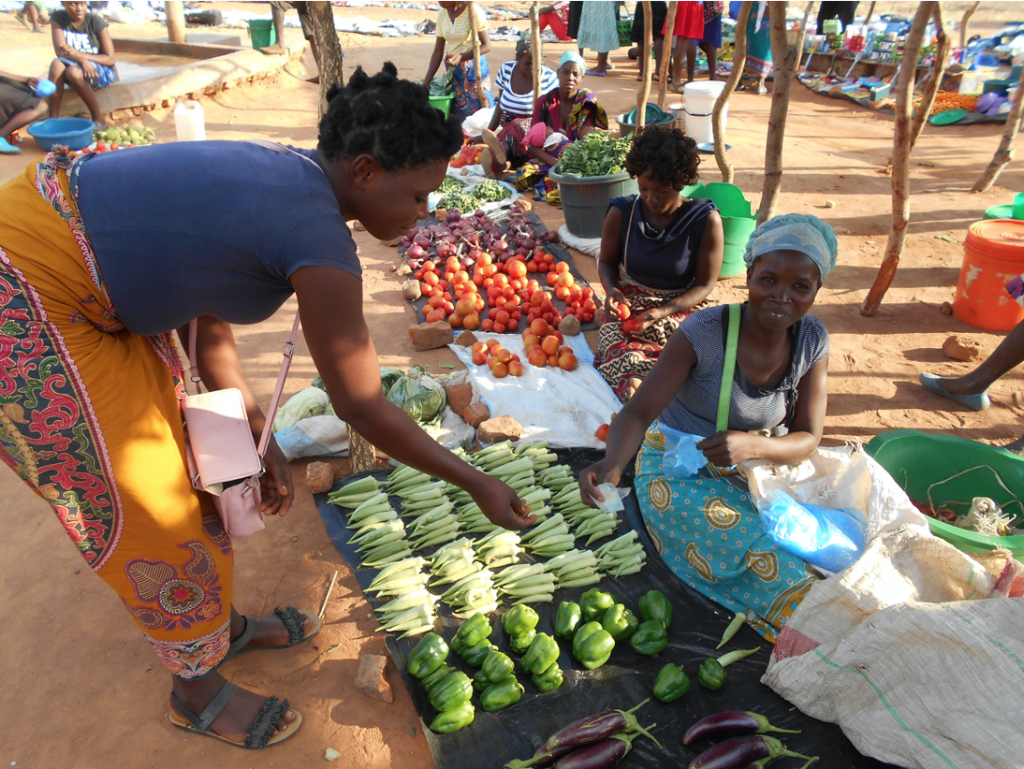
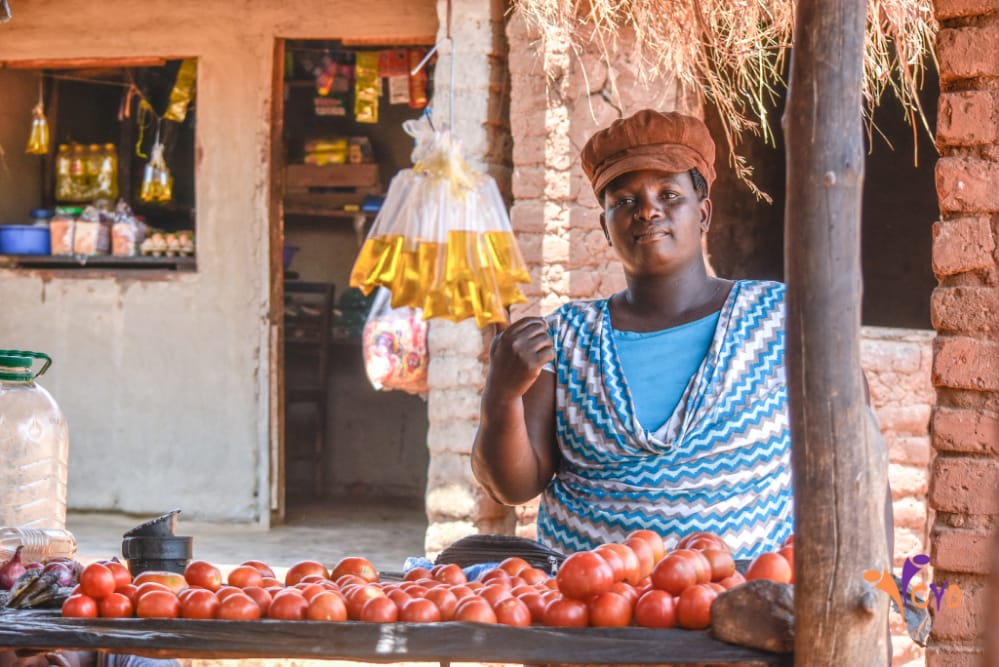
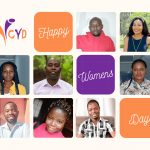 Previous Post
Previous Post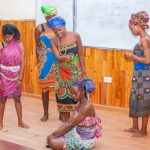 Next Post
Next Post